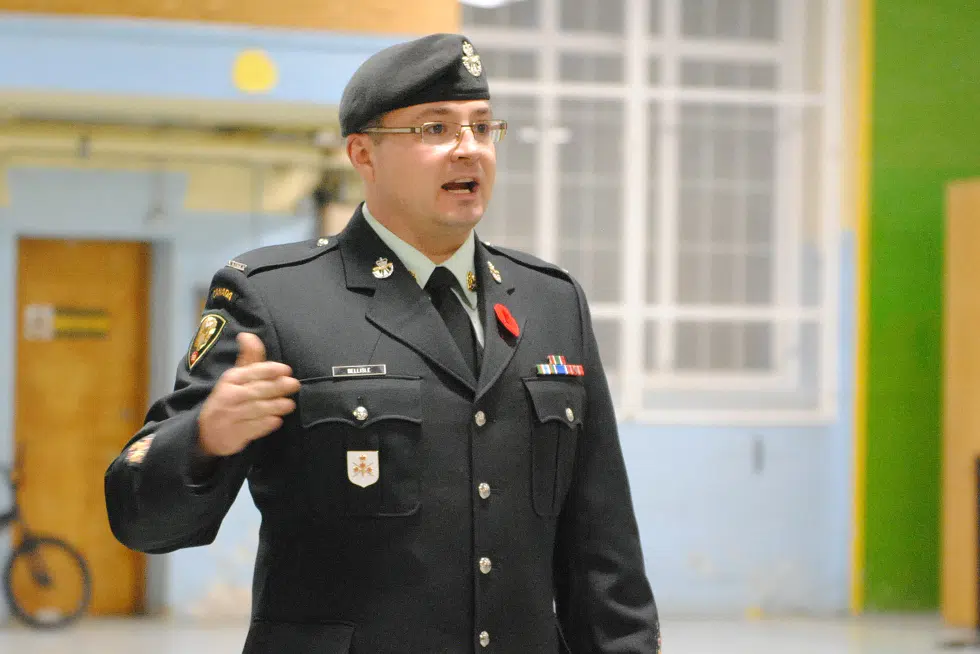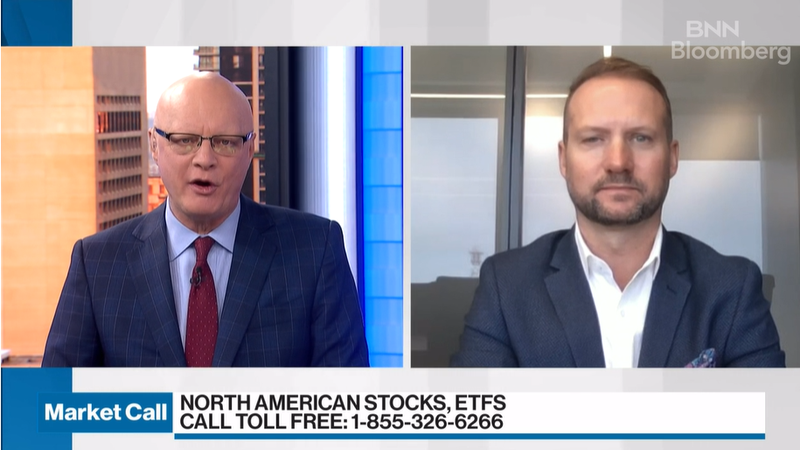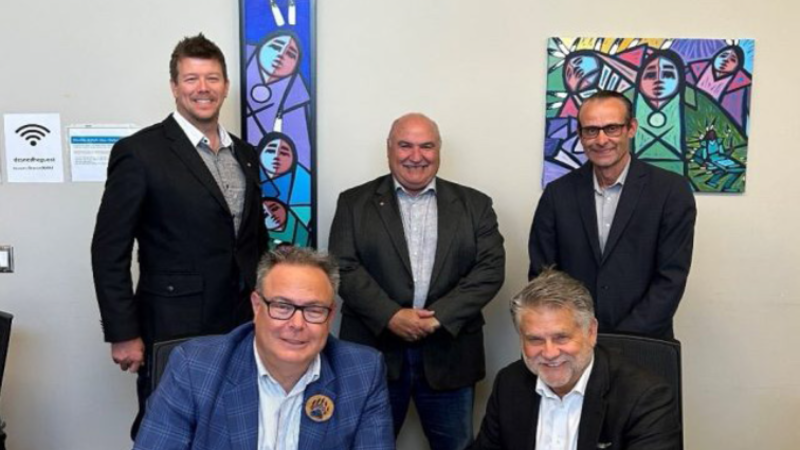
P.A. veterans shed light on status differences within veteran groups
Veteran groups were supposed to mean comradery for Ramsay Bellisle.
He loves being a soldier, having joined in Grade 12. After peacekeeping in Bosnia in 1997 and returned from Afghanistan in 2010, 40-year-old Bellisle is now regimental sergeant major of the North Saskatchewan Regiment.
Across the years, he said he’s had “a lot of brothers and sisters in the regiment between Prince Albert and Saskatoon.”
Veteran groups were supposed to be a similarly family-like concept too, until he learned about the prejudice against younger generations of veterans within the community.


